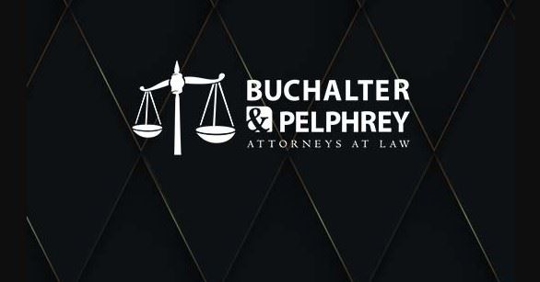A non-dischargeable debt is a debt that can’t be wiped out through bankruptcy. In most cases, non-dischargeable debts can only be satisfied by repaying them, although there may be alternative means to forgive or otherwise reduce these debts.
Knowing what a non-dischargeable debt is can be an important matter when considering bankruptcy. Although bankruptcy may only help you get rid of dischargeable consumer debt, it may still be worthwhile to pursue it if a discharge can help you afford your non-dischargeable debts.
Debts That a Bankruptcy Court Can’t Discharge
Most of the debt that bankruptcy courts can discharge is considered consumer debt. This is debt that may include credit card balances, personal loans, medical debt, utility bills, and others like these.
There are debts, however, for which discharge is not possible. These non-dischargeable debts fall into 19 categories laid out in the U.S. bankruptcy code.
Some of the most common types of non-dischargeable debts people hold include the following:
- Alimony (spousal support)
- Child support
- Tax liens (certain personal taxes can be discharged)
- Payroll taxes
- Personal injury judgments
- Restitution
- Student loans (in most cases)
- Any debt incurred through fraud or malfeasance
If you aren’t sure if the debt you’re concerned about can be discharged through bankruptcy, schedule a consultation with a bankruptcy lawyer. Someone like one of our experienced attorneys at Buchalter & Pelphrey Attorneys At Law can provide the legal guidance you need to determine if bankruptcy is right for you.
When Dischargeable Debts Aren’t Dischargeable
Although debts such as credit card balances and personal loans can be discharged in bankruptcy, there are circumstances that can make these debts non-dischargeable.
Generally, if credit of any kind is used to pay one’s taxes, this debt can’t be discharged in bankruptcy. Although people in difficult financial positions may turn to their credit cards or a personal loan to avoid tax penalties and fees, they can’t erase this debt with bankruptcy.
Likewise, when one acquires debt as a result of fraud or another kind of wrongdoing, this debt can’t be discharged regardless of its type. For example, if one acquires credit because they provided false information on an application, they can’t discharge the debt through bankruptcy. Criminal charges for fraud can also result from these instances.
Contact a Bankruptcy Lawyer for Help
If you require assistance with any matter involving bankruptcy, reach out to our experienced team at Buchalter & Pelphrey Attorneys At Law. With our help, you can have the knowledge and insight you need to make the decisions that are best for you when you’re considering bankruptcy.
We can guide you through this process, helping you understand your options at each step along the way. Learn more about how Buchalter & Pelphrey Attorneys At Law can help by scheduling a consultation with us today.
Message us online or call (321) 320-6088 today.

